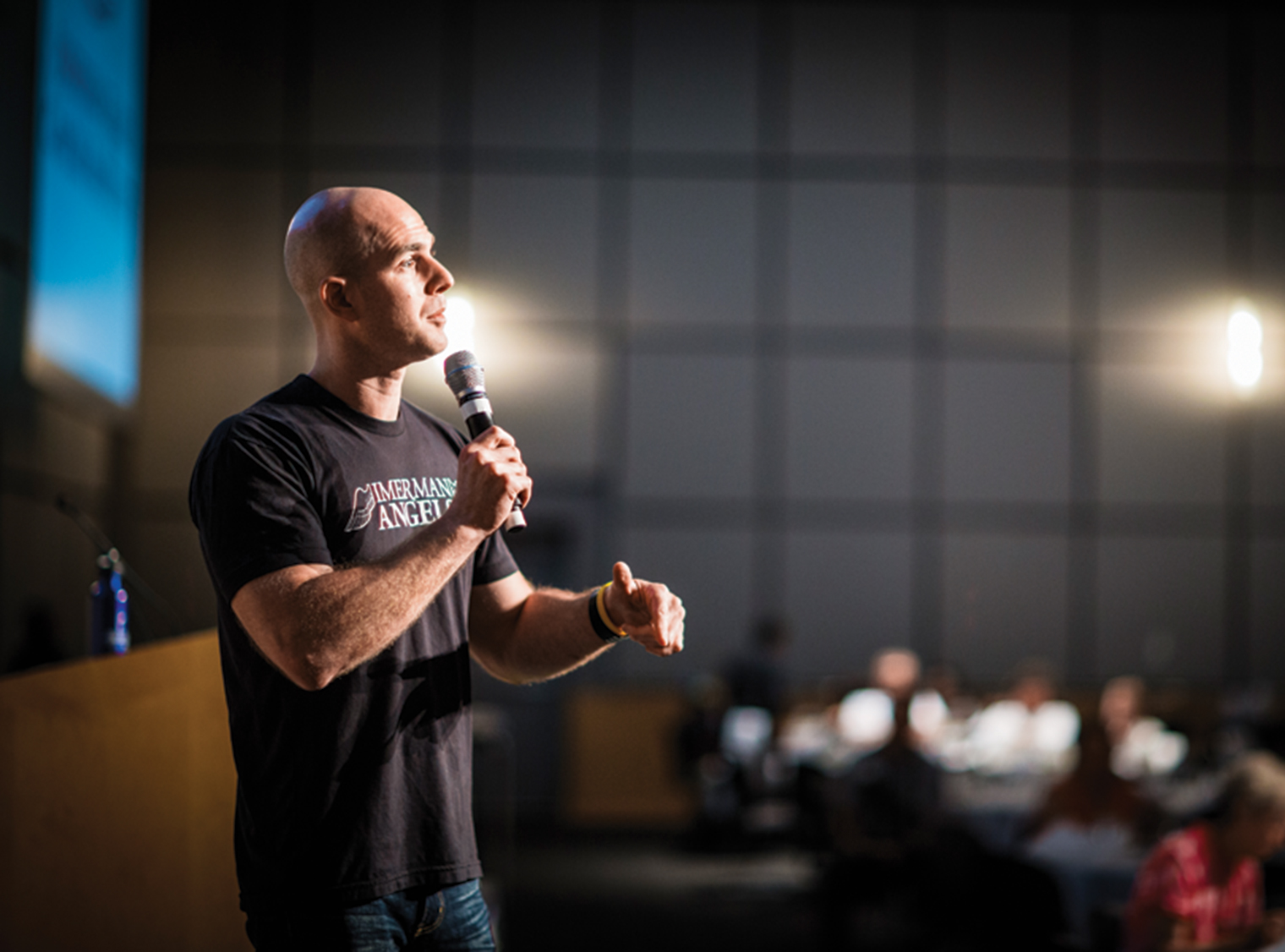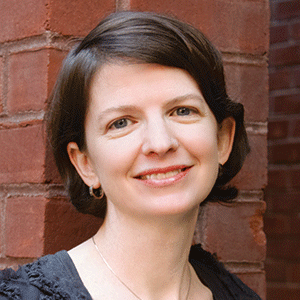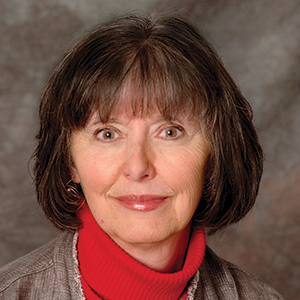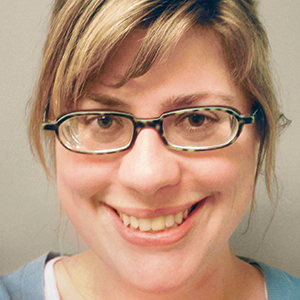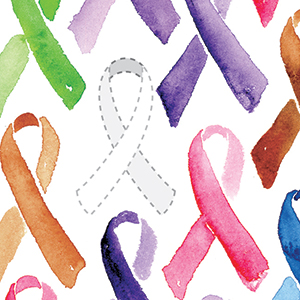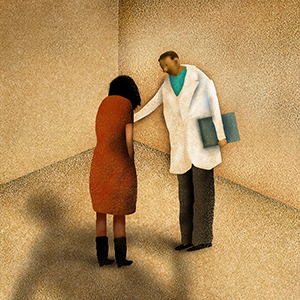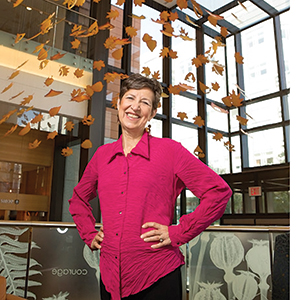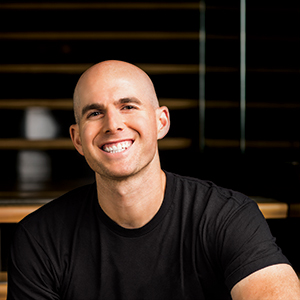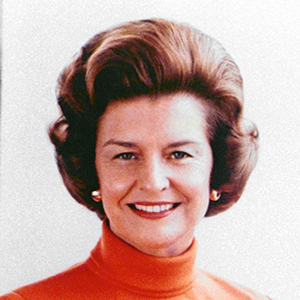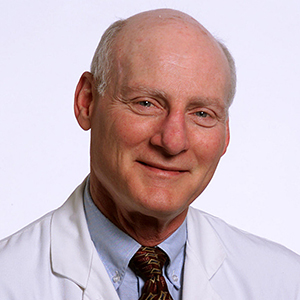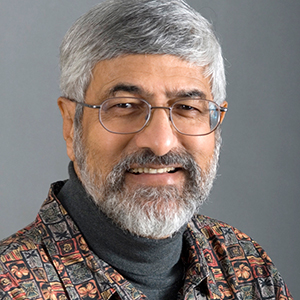Fall 2012 Vol. 02 Issue 03
-
Editor's Letter
More Than a NumberHealth care professionals are working to make care more patient-centered.
by Jessica Gorman
-
Your Cancer Guide
Cancer and SexNot in the mood? Take steps to regain intimacy.
by Hester Hill Schnipper
-
Caregiving With Confidence
An Action PlanCognitive changes are common in patients, so it's best to know your options.
by Amy Cunningham
-
Stranger in a Strange Land
Cancer puts everyone in foreign territory, but those diagnosed with a rare form of the disease may feel the most lost without clear guidance toward the best care or support from other survivors. Four steps can help ease the way.
by Rabiya S. Tuma
-
A Genetic Legacy
Doctors now know more than ever about the inherited cancer-related mutations that can link generations of family members. But with the new knowledge from scientific advances and DNA testing come new questions for patients.
by Sue Rochman
-
Teaming Up for Better Treatment
Across the country, survivors' opinions and actions are influencing cancer care.
by Stephen Ornes
-
Survivor Profile
Touched by an AngelJonny Imerman is the heart and hub of a network of cancer survivors.
by Pamela Ferdinand
-
Yesterday & Today
A Leading LadyBetty Ford's candor about her breast cancer diagnosis helped bring a private issue out of the shadows.
by Corinna Wu
-
Q&A
Age Is More Than a NumberGeriatric oncologist Harvey Jay Cohen shines a spotlight on older people with cancer.
by Jocelyn Selim
-
Sound Advice
Your Questions, Our AnswersOn culturally appropriate care, access to investigational treatments and quitting smoking.
-
Get Involved
Driving the Road to RecoveryA cancer caregiver volunteers by driving patients to treatment.
by Yvonne Lee
-
In the Moment- Fall 2012
Pamela Clark, Emily-Kate Niskey, Loretta Cox, Tim Buckland
Multiple myeloma survivor Jonathan Gluck reflects on uncertainty, and the scientific progress that has kept him living with cancer for more than two decades.
by Eric Fitzsimmons
The Enduring Importance of Cancer Disparities ResearchOpening session from AACR conference highlights how perseverance and adversity have informed cancer disparities research over the years.
by Eric Fitzsimmons
Most Cancer Survivors Don’t Meet Healthy Diet GoalsDespite research linking fruits and vegetables to cancer survival, many people do not change their eating habits after diagnosis.
by Darlene Dobkowski
Many People Don’t Get Colonoscopy After Receiving Abnormal Blood TestsAbout half of people who receive abnormal results from colorectal cancer screening tests don’t follow up with a colonoscopy.
by Laura Gesualdi Gilmore

